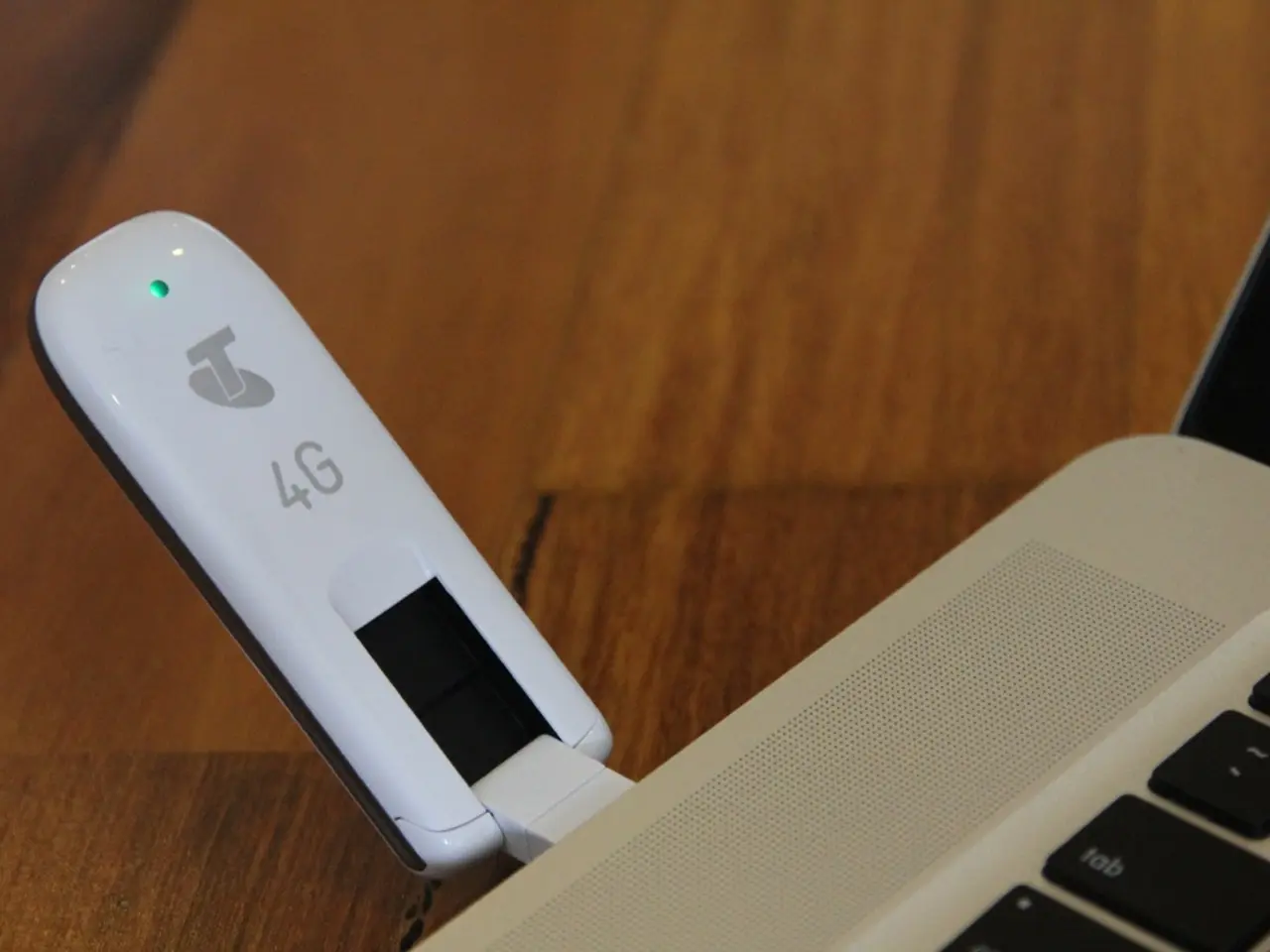Investigators penetrate Deckmate 2 system - Does casino gambling hold potential for rigging?
In a recent security analysis, IOActive, a leading cybersecurity firm, has identified potential weaknesses in Deckmate 1 and Deckmate 2 card shufflers, commonly used in gaming environments for automated card shuffling [1]. These vulnerabilities could theoretically allow attackers to manipulate the shuffler's operations, raising concerns about the fairness and legality of gaming outcomes.
The specific hacking techniques on Deckmate 2 are not publicly detailed, but IOActive's general methodology in security research on such devices typically involves exploitation of embedded software and communication protocols. Vulnerabilities might include remote code execution, unauthorized access to the device firmware, or manipulation through wireless or wired interfaces [2].
Attackers could potentially interfere with the shuffling algorithm or mechanical function to control the card distribution covertly. In real-world gaming scenarios, this could compromise game integrity by giving unfair advantages to certain players or enabling cheating. Manipulating the deck can lead to significant financial losses for casinos due to rigged outcomes, undermining trust and regulatory compliance [2].
Casinos using compromised shufflers may suffer reputational harm, losing players and facing legal sanctions. Exploiting such vulnerabilities can lead to criminal charges, and casinos may need to enhance security and auditing practices to detect tampering. However, it remains unclear if US casinos will take any action regarding the alleged vulnerabilities [1].
The Deckmate 2, the most popular and widely used card shuffler in US casinos, can be hacked by connecting a miniature computer to its unsecured USB ports [1]. The hack allows the team to manipulate the device, including accessing the built-in camera. The Deckmate 1, predecessor to Deckmate 2, is also vulnerable to manipulation, as it can be accessed by exploiting an integrated chip [1].
Interestingly, even small devices like a Raspberry Pi Zero could be used to hack the Deckmate 2 [1]. The manufacturer of Deckmate 2 denies allegations of security issues, claiming there have been no compromises under real-world conditions [1]. However, security experts argue that it's unknown if there have been manipulations in official games [1].
In summary, Deckmate 2 shufflers can be hacked through vulnerabilities in their embedded software or communications, enabling control over card sequences which can lead to cheating and financial/legal consequences in gambling scenarios. The primary source detailing these risks is the security research by IOActive [2].
References: [1] https://www.reuters.com/article/us-usa-casinos-hack-idUSKBN27A21X [2] https://www.wired.com/story/deckmate-card-shuffler-hack-casinos/ [3] https://www.forbes.com/sites/thomasbrewster/2019/06/20/deckmate-card-shufflers-used-in-casinos-are-easily-hackable-says-security-researcher/?sh=53c7919c634a
Online casinos in Germany and other countries might require a reevaluation of their security protocols, considering the potential vulnerabilities found in Deckmate 2 card shufflers, popularly used in both physical and online casino-and-gambling environments. Casinos could expose themselves to losses and damage to their reputation by failing to address these vulnerabilities, as they can lead to manipulation of casino-games.




